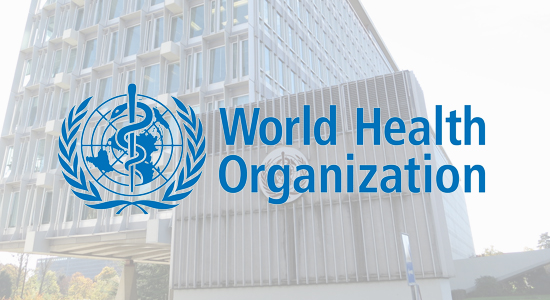The World Health Organisation (WHO) says over 10 percent of drugs sold in developing countries are fake or substandard, leading to tens of thousands of deaths, many of whom are African children given ineffective treatments for pneumonia and malaria.
It’s the first attempt by the U.N. health agency to assess the problem. Experts reviewed 100 studies involving more than 48,000 medicines. The review revealed that Drugs for treating malaria and bacterial infections accounted for nearly 65 percent of fake medicines.
WHO’s director-general Tedros Ghebreyesus said the problem mostly affects poor countries. He said “Between 72,000 and 169,000 children may be dying from pneumonia every year after receiving bad drugs”.
Counterfeit medications might be responsible for an additional 116,000 deaths from malaria mostly in sub-Saharan Africa, according to scientists at the University of Edinburgh and London School of Hygiene and Tropical Medicine commissioned by the WHO.
Counterfeit drugs include products that have not been approved by regulators, fail to meet quality standards, or deliberately misrepresent an ingredient, according to the WHO, which published the two reports.
The scale of the problem is hard to quantify precisely, but a WHO pooled analysis of 100 studies from 2007 to 2016, covering more than 48,000 samples, showed 10.5 per cent of drugs in low and middle-income countries to be fake or substandard.
The WHO said the cases of fake medicines it found are only “a small fraction” and that problems may be going unreported. The agency estimated countries are spending about $30 billion on counterfeit drugs.
Some pharmacists in Africa, for example, say that they are compelled to buy from the cheapest but not necessarily the safest suppliers to compete with illegal street traders.
Fake drugs could contain incorrect doses, wrong ingredients or no active ingredients at all.
At the same time, a worrying number of authorised medicines fail to meet quality standards because of improper storage and other issues.




















)